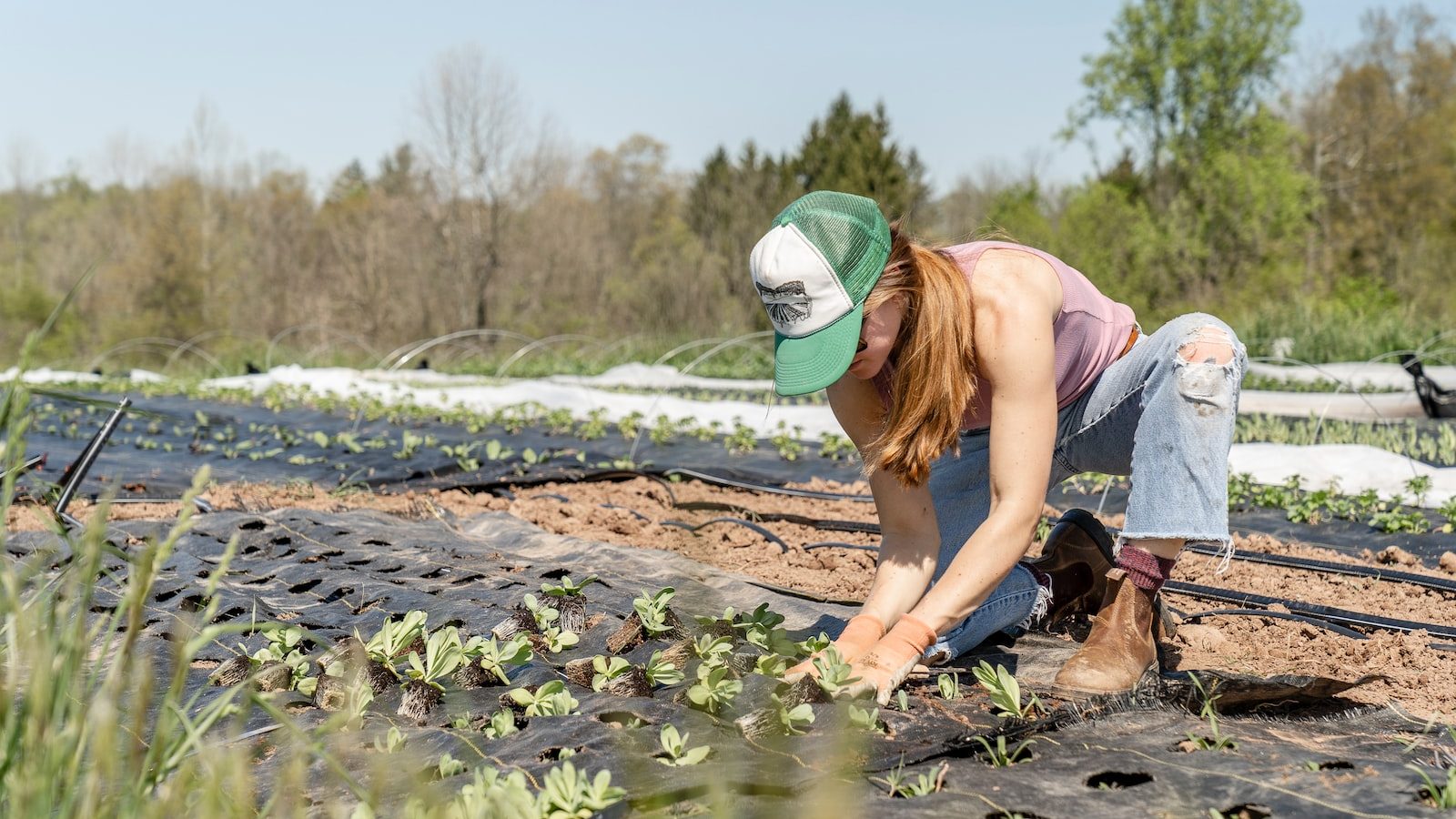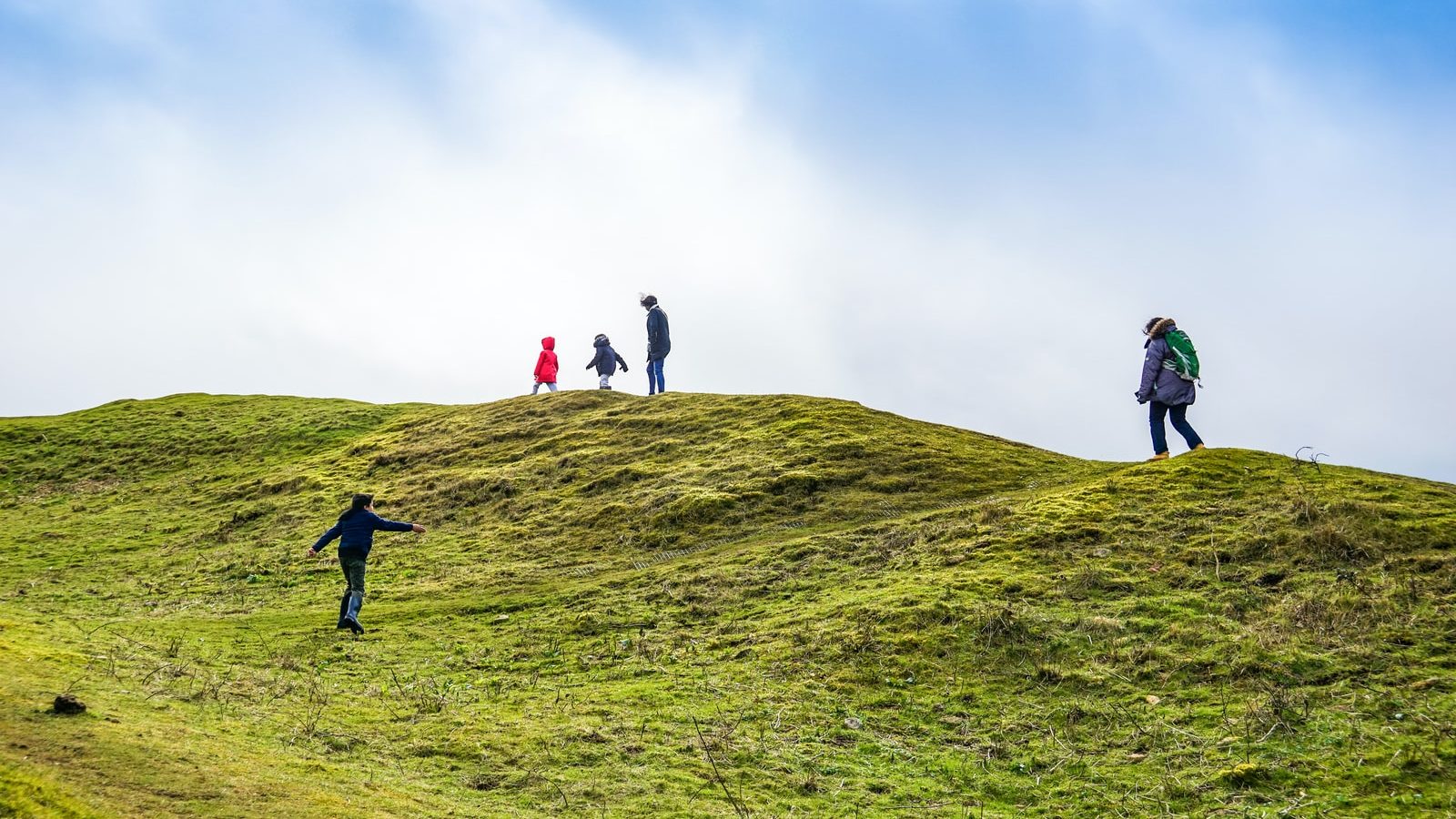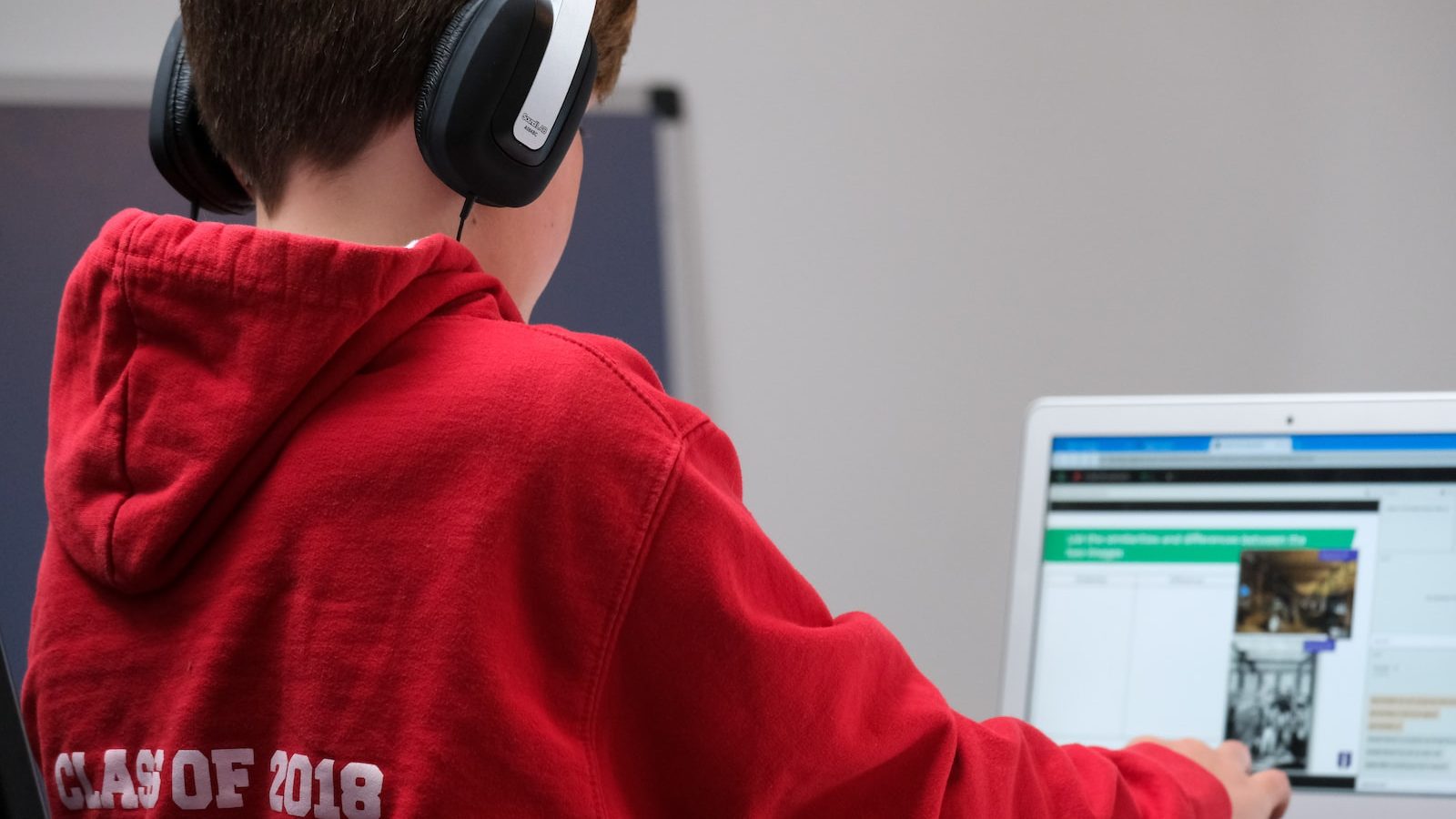‘Meta-skills of the future’ will help youth navigate a future of complexity and change
Soft skills in the workplace, such as critical thinking, leadership, and adaptability, are in increasing demand. Integrating meta-skills in formal education will prepare the next generation to thrive in times of uncertainty.
Challenge:
Businesses are reporting a soft-skills gap where employees struggle to lead in uncertainty
Opportunity:
Coaches can help students develop critical thinking, leadership, and adaptability
Impact:
Empowering student voice and choice enhances confidence and decision-making
Wisdom Weavers
Meta-skills prepare students for the future of work
The idea of meta-skills was popularized by business innovator Marty Neumeier to describe the essential qualities employees need to adapt and thrive amid change. In his book, Metaskills: The Five Talents for the Future of Work, Marty posits that most people lack the skills to address today’s challenges because they are unequipped to approach the complexity of a connected and interdependent world. He identifies competency gaps in “feeling, seeing, dreaming, making, and learning.”
In a technology-driven society, meta-skills set people apart from machines. Automation is replacing human labor and eliminating jobs, while software is becoming increasingly sophisticated. Speaking on the future of technology in education, Wisdom Weaver Noah Sobe cautions, “[what]I think is important for us to pay attention to is the substitution of machines for human decision-making.” For job security, students will need the skills to interpret and ethically guide technological transformation.
Wisdom Weaver Dr. Jayne Fleener recommends that early education has “much more of an emphasis on the skills needed for informal learning and a de-emphasis on a lot of the skills that are necessary in formal learning… There are increased demands for creativity, collaboration, and flexibility, especially as technology assumes its role in taking away some of the directory of the workforce.”
Emotional intelligence helps people identify commonality and understand connection
Wisdom Weaver Olli-Pekka Heinonen suggests that we are entering an era based on connection and interaction. In this new age, he expresses, “what is central in being human becomes our main task. That’s our ability to see what’s meaningful in life, to see the ethical considerations and evaluations that we are having, and also [connect] with others, being able to utilize each other strengths, the best of the world. Marty Neumeier’s framework supports this notion and lists ‘feeling’ as the first meta-skill because the human ability to interact in a social world is already shaping the future of work.”
In addition to training students to develop their humanity, they will need to apply social intelligence and intuition by identifying systems, connections, and opportunities for change. The original meta-skills framework refers to this holistic perspective as ‘seeing.’
“We’re moving away from the traditional ideas of following the rules and having standard achievement to these ideas of meaningfulness, value, and then ultimately, making a difference.”

When students ‘see’ systems and interdependencies, they are better prepared in the workforce to tackle complex and multi-faceted challenges. Wisdom Weaver Raùl Hernández Jorge notes, “there is a very important demand of people in the next five years that for many companies, we are going to need many people that are able to think in the ESG (Environmental and Social Governance) way of doing the things. Apart from being engineers, apart from being lawyers, or performing Business Administration professionals.”
Coaches need to understand how volatility, uncertainty, complexity, and ambiguity (VUCA) are changing the world of work:
- A coaching approach to development can evoke awareness in students by asking reflective questions and encouraging different perspectives when looking at a problem
- When awareness is evoked, students can start to better identify, anticipate, and solve problems
Creating safe classroom structures to promote the meta-skills of ‘dreaming’ and ‘making’
In addition to insight and social intelligence, students will need the skills to experiment, self-actualize, and persevere. As a meta-skill of the future, ‘dreaming’ refers to the ability to imagine new possibilities. Marty Neumeier’s book describes ‘making’ as the next step in innovation, where individuals work to prototype and actualize their dreams through trial and error.
Connecting the classroom to the professional world, Jayne illuminates how some classroom structures prevent students from exploring their interests and investigating new ideas: “We talked a little bit about leadership and interpersonal development, the ability to work across different cultures and ideas and people and spaces. Unfortunately for our children in schools, their first leadership examples in the classroom, teachers, are very autocratic models of leadership.” In contrast, student-centered models of education foster curiosity, engagement, and collaboration by empowering students to lead and self-direct their education.
“We should rethink [education], we should rethink the space, the tools we use, even the colors of the classrooms. We should really create spaces for innovation and connection”

Learning as a lifelong skill will help students to grow beyond the classroom
The final and most crucial meta-skill is ‘learning.’ Outside formal education, adults continue to develop new skills as they take on new roles or change careers. Olli-Pekka Heinonen depicts the ability to learn as something internal, “In the future, we need to give the young generation the knowledge base to build on the traditional subjects, but also the interdisciplinary knowledge bases and understanding what knowledge is all about. It’s not enough to have that knowledge, but what becomes more important is what you can do with what you know, the ability to act, and actually, by acting, also learn new things. When we’re talking about deep learning, when we act what we know, that learning becomes part of our identity.”
“We should stop thinking that everything happens in the classroom. We need to take that learning and understanding outside the classroom and implement it outside.”

By teaching the next generation how to seek, find, and apply knowledge, we can prepare them for a lifetime of learning and development.
Coaching Empowers People
Formal education can be a powerful tool to prepare students to experiment, innovate, and enhance society. Coaches can support educators in introducing coaching skills in the classroom by identifying strengths, encouraging growth, and asking powerful questions. Schools can also benefit from direct student coaching. At RICE University, coaches work with students through free one-on-one coaching and skill-specific training sessions to help students grow in various leadership skills, including conflict resolution, decision-making, and goal setting.
Manifesto for the Future of Education
34 Wisdom Weavers from 15 different countries gathered to reimagine the future of education, using the lenses of coaching, pedagogy, sustainability, technology, social transformation, and collaboration. These discussions inspired us to craft a call to action — a Manifesto for the Future of Education — that establishes a vision for transforming education around the world while integrating the practice of coaching as a catalyst for positive change.







